Ryanair announces plan to hit net zero by 2050
Campaigners suggest announcement has ‘unsavoury flavour of greenwash’
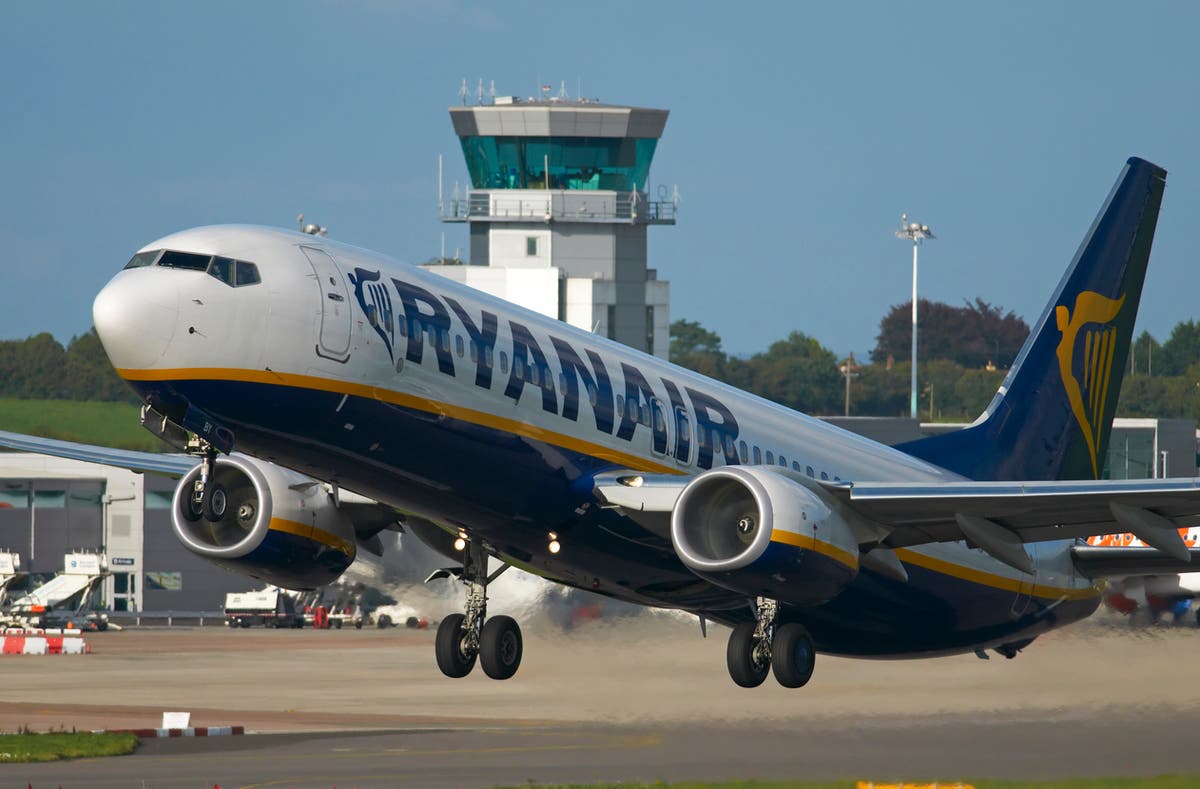
Budget airline Ryanair has said it will achieve carbon neutrality within 28 years, hitting net zero at the same time as the UK and the 27 member states of the EU expect to reach the same target.
The Irish company has described the date as an “ambitious goal”, but it brings it in line with other European carriers also aiming for the 2050 date, including British Airways, Lufthansa and easyJet.
The airline said its plans had been drawn up “to reduce its carbon emissions and the impact of its operations on the environment”.
The company said that more than a third of its decarbonisation will come from the increased use of sustainable aviation fuels. It said it is working with the EU and fuel suppliers to accelerate the supply of these fuels.
Meanwhile, almost a quarter of the reductions in its carbon footprint will have to come from carbon “offsetting and other economic measures”, it said.
A Ryanair spokesperson told The Independent: “While we prioritise carbon reduction over carbon offsetting, we do offer customers the opportunity to offset their CO2 emissions with our carbon calculator, and work with a number of environmental partners, such as Renature Monchique in Portugal, through which we have planted more than 135,000 trees.
“Additionally, we have partnered with Trinity College to establish the Ryanair Sustainable Aviation Research Centre, and to support fundamental research on carbon reduction.”
The firm also said it was investing $22bn (£16.7bn) in new aircraft, including 210 of the Boeing 737-8200 “Gamechanger” aircraft.
Ryanair said: “To date the airline has taken delivery of 55 ‘Gamechanger’ aircraft, which carry 4 per cent more passengers, reduce fuel consumption and CO2 by 16 per cent, and lower noise emissions by 40 per cent.”
The company said its “pathway to net zero” strategy consists of four core pillars:
Ryanair’s director of sustainability, Thomas Fowler, said: “As Europe’s greenest major airline, Ryanair understands that aviation plays a pivotal role in tackling climate change, and our pathway to net zero will help us do just that.
“We are working tirelessly with our team and strategic partners to lead the way in making aviation more sustainable. We were delighted to be upgraded to a ‘B’ rating by the CDP (Carbon Disclosure Project) this year, recognising our commitment to reducing our environmental impact.
“While we’ve already come a long way, we will continue to lead the sustainable aviation agenda in European aviation as we embark on our ambitious pathway to net zero by 2050.”
Friends of the Earth’s head of policy, Mike Childs, told The Independent Ryanair’s plans were not enough to help tackle the climate crisis, with immediate cuts to emissions more important than “distant 2050 goals”.
He said: “The aviation industry must do far more to slash their climate emissions, but these plans are too weak and too slow.
“Offsetting schemes are not the solution to the climate crisis. For example, tree planting is one of the favoured options, but trees can die soon after being planted, due to pests, droughts and fires, releasing captured carbon back into the atmosphere.
“Sustainable aviation fuels may have a role to play in the future, but they must be genuinely sustainable, and not be grown on land that would otherwise provide food or be beneficial to nature.
“Furthermore, what happens to climate emissions over the next decade is much more important than distant 2050 goals. And that’s why we need to curb flights, too, with a ‘frequent flyers’ levy that focuses on the wealthy 15 per cent of the population, who take 70 per cent of the flights.”
Greenpeace suggested Ryanair’s announcement amounted to “greenwash” and was based on “improbable technological developments”.
Dr Doug Parr, chief scientist for Greenpeace UK, told The Independent: “This proposal has the unsavoury flavour of greenwash, with enormous amounts of optimism ladled over half-baked hopes for improbable technological developments.
“We have no reason to think that Ryanair’s offsetting plans will be any more likely to work than anyone else’s – so hardly likely at all, really – and we wouldn’t include that as a carbon saving. ‘Sustainable aviation fuels’ are a possibility, but affordable sustainable aviation fuels, for any airline, let alone a budget carrier, look highly improbable, and the vague nature of some of the other elements does not inspire confidence.
“The sensible approach to cutting carbon would be to consolidate and stop pointless flights which are largely empty, or serve destinations easily reachable by less polluting means. But we don’t expect airlines to behave like that without a big element of legal compulsion.”

 KickT
KickT 








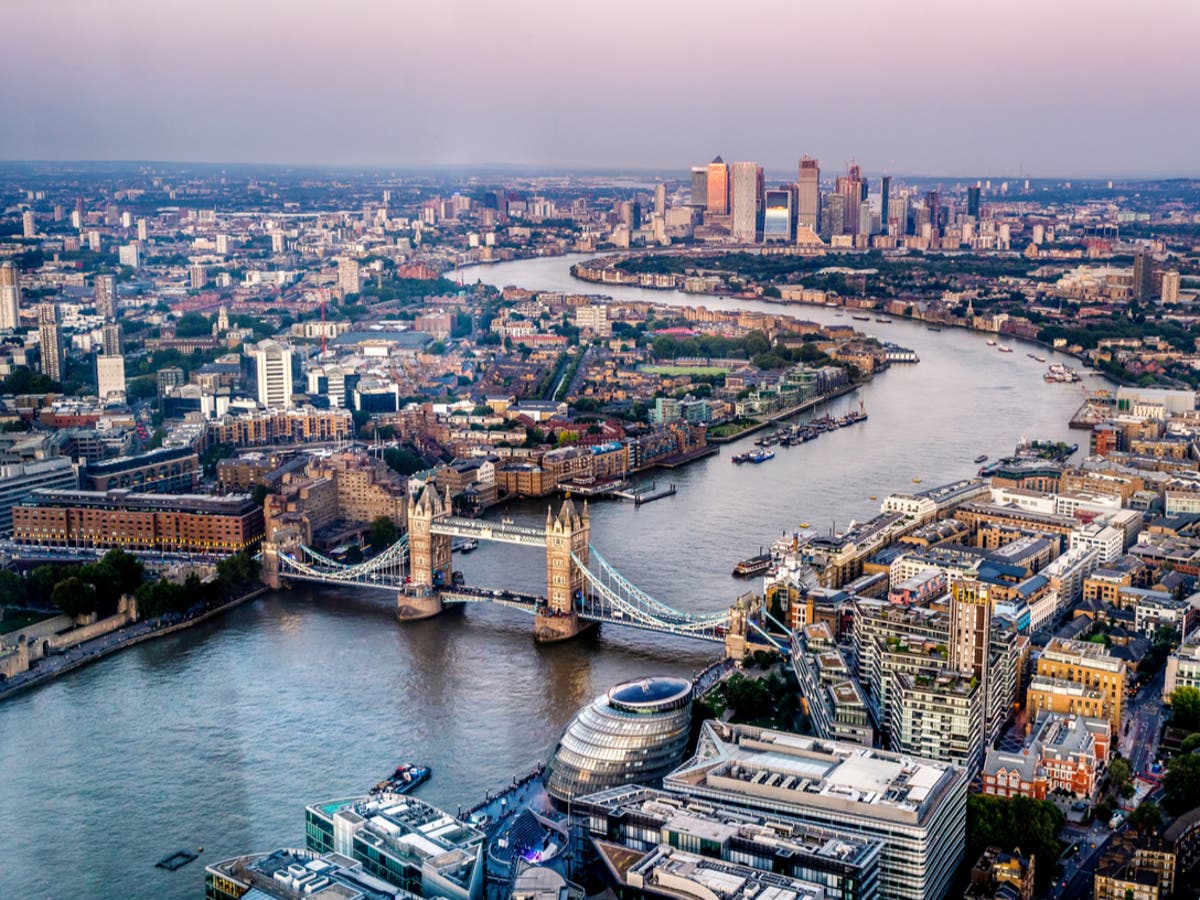
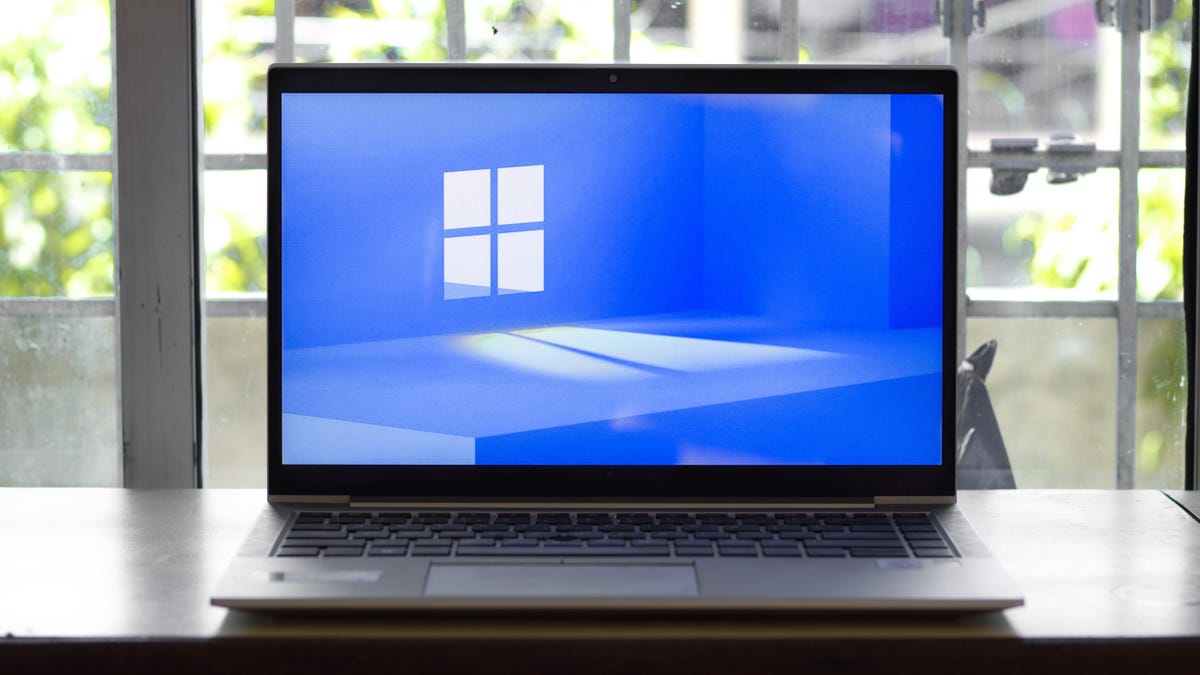
















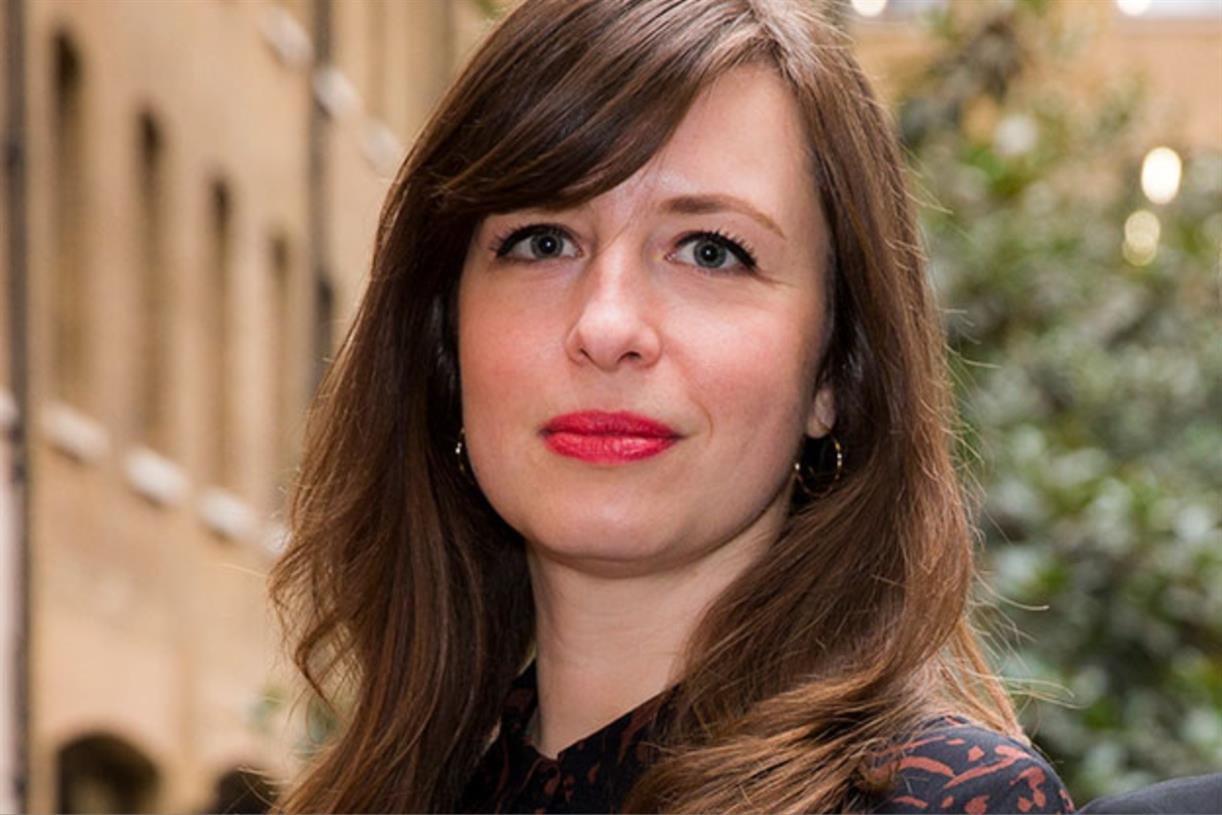
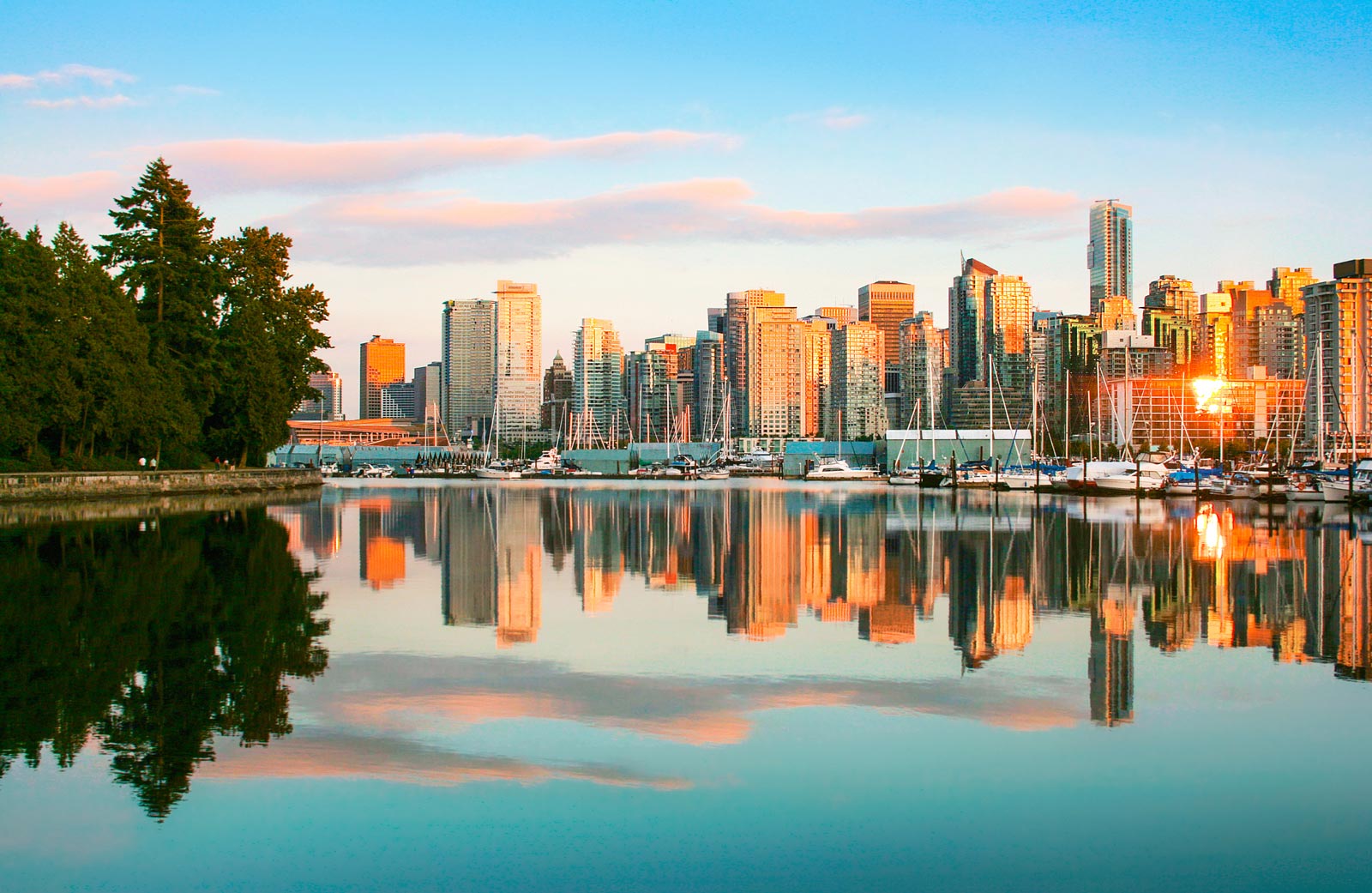
.png)

